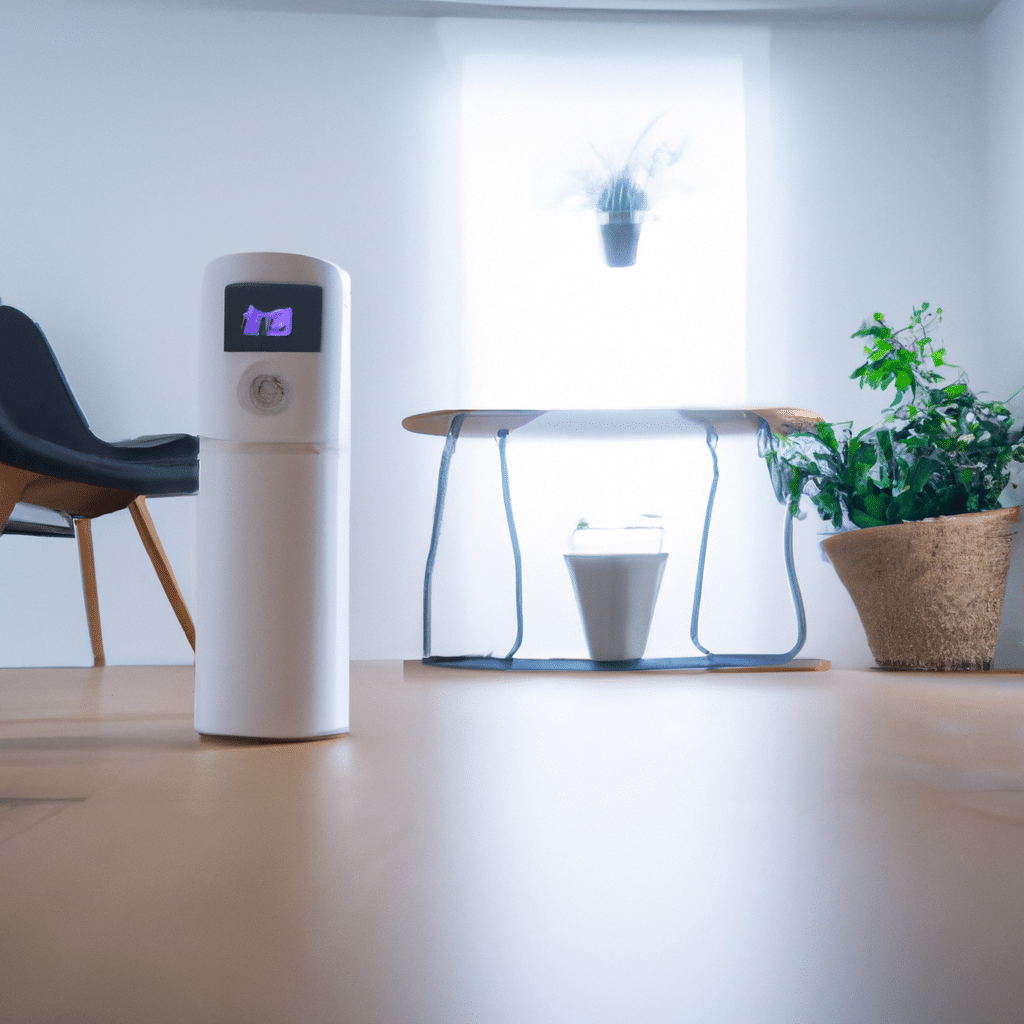Buying a house is one of the most significant financial decisions a person can make, and it can be overwhelming to decide whether to buy or rent. Both options have their advantages and disadvantages. In this article, we will outline the financial pros and cons of buying a house vs. renting to help you make an informed decision.

Advantages of Renting
Flexibility and Mobility
Renting provides flexibility and mobility, making it an ideal choice for individuals who are not looking to stay in one place for a long time. Renters can easily move out of their rental property once their lease ends, without having to worry about selling their house or paying any fees.
Lower Financial Risk
Renting is also a lower financial risk than buying, as tenants are not responsible for the property’s maintenance and repairs. Landlords are usually responsible for repairs and maintenance, which can save renters a significant amount of money in the long run.
Maintenance and Repair Costs
As mentioned earlier, renters do not have to worry about maintenance and repair costs. If something breaks down or needs fixing in the rental property, the landlord is responsible for fixing it.
Living in an Expensive Area
Renting can also allow you to live in an expensive area that you wouldn’t be able to afford to buy a house in.
Disadvantages of Renting
No Equity Building
One of the biggest disadvantages of renting is that tenants do not build any equity in the property. Once the lease ends, renters have nothing to show for their monthly payments.
Rent Increases
Renters also face the possibility of rent increases. Landlords can increase rent once the lease ends, which can make it difficult for renters to budget their monthly expenses.
No Control over Property
Renters do not have control over the property they are living in. Landlords can decide to sell the property or make changes to the rental agreement, which can cause stress and uncertainty for tenants.
Advantages of Buying
Equity Building
Buying a house allows you to build equity over time. With each mortgage payment, you are paying down your loan balance, which means you own more of your house. This can lead to significant financial gains if you decide to sell your house later.
Tax Benefits
Homeownership also comes with tax benefits. You can deduct mortgage interest and property taxes from your federal income tax, which can save you thousands of dollars each year.
Greater Freedom and Independence
Owning a house also provides greater freedom and independence. You can make changes to the property as you please, and you don’t have to worry about following any rental agreements.
Long-Term Investment
Buying a house can also be a long-term investment and a chance to make a place truly your own.
Disadvantages of Buying
Large Financial Commitment
One of the biggest disadvantages of buying a house is the large financial commitment it requires. You need to have a substantial down payment, and you will be responsible for paying mortgage payments for many years to come. If you can’t keep up with your mortgage payments, you risk losing your home.
Maintenance and Repair Costs
Homeownership also comes with maintenance and repair costs. Unlike renting, homeowners are responsible for any repairs and maintenance needed on their property.
Home Value Fluctuation
The value of a house can fluctuate over time, which can be a disadvantage if you need to sell your house during a downturn in the housing market.
Less Flexibility and Mobility
Owning a house also provides less flexibility and mobility than renting. If you need to move, you will have to sell your house, which can take time and effort.
Conclusion
Deciding whether to buy or rent a house is a personal decision that should be based on your financial situation and lifestyle. Renting provides flexibility and mobility, while buying allows you to build equity and invest in a long-term asset. However, homeownership requires a significant financial commitment and comes with maintenance and repair costs.
Ultimately, the decision to buy or rent should be based on your financial goals, your lifestyle, and your personal preferences.













